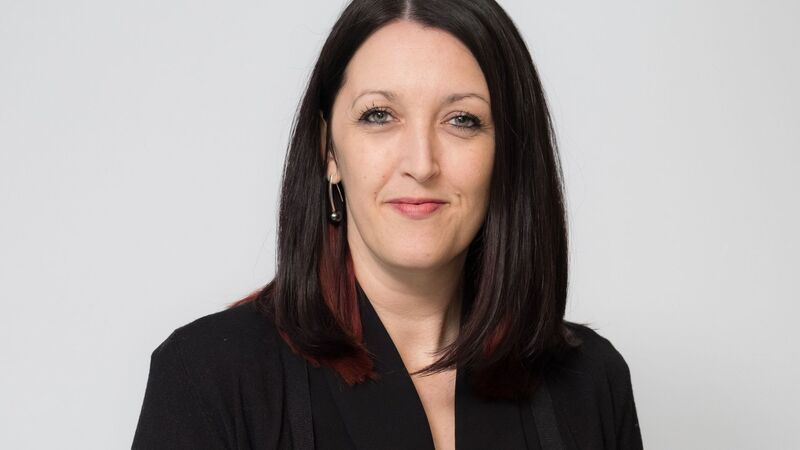You are viewing your 1 free article this month. Login to read more articles.
Ageism and maternity discrimination concerns in publishing
Ageism and maternity discrimination emerged among chief concerns for the publishing industry at an event last night (14th July) encouraging publishers to join trade unions.
Around 100 publishing professionals gathered from across the trade to "Pay: Your Say", an event hosted by BookMachine at the St Bride's Foundation in London, to hear keynote speakers journalists Owen Jones and Will Hutton, who gave impassioned speeches on the benefits of trade unions as "the only way workers have of getting a fair slice".
Maternity discrimination in particular was described during the meeting as something that had become "really prevalent" along with ageism by Suzanne Collier of Bookcareers, who deals with counselling and redundancy issues for the trade.
Posing a question from the floor to a panel of speakers which included director of international and research for Unite, Simon Dubbins, non-executive director of Librios, Kathy Rooney, and executive coach Tania Hummel, Collier said: "Two things that are becoming really prevalent is one, ageism - people over 40 are first to get the chop when there are redundancies - but the thing which really concerns me is the number of females that are made redundant whilst on maternity leave."
Host Gareth Lowe, chair of Unite's national publishing and media branch, responded: "Maternity discrimination is discrimination; if someone is unjustly being made redundant because they are pregnant, that is discrimination and you should be taking that very seriously". Hummel, formerly global HR director for Macmillan Science and Education, said: "If your work is at risk while you are on maternity leave it should not be confirmed as redundant until you are ready to return because only at that point can the organisation see what alternative roles there are for you."
Trade unions were pitched as an answer to many of the problems raised in the session by Dubbins, spanning ageism, underrepresentation of ethnic minorities and salary transparency. "All of these issues are much better dealt with collectively," Dubbins said. "The cold hard reality is [that] as an individual you are in a much, much weaker position in terms of your employer."
Jones, a columnist for the Guardian and author of Chavs and The Establishment (Penguin), who opened the event, also spoke in praise of trade unions, urging the room "together you are infinitely stronger".
Zeroing in on the rise of unpaid internships, which he called "exploitative by definition", and the media's "astonishing lack of diversity", he said the industry had become "a closed shop for the privileged" where "clearly what's happening is we're not discriminating on the basis of talent but on the wealth of people's parents".
He added: "Publishing should be representative of the diversity and talents that exist, and we all suffer as a consequence for the fact it isn't."
Hutton, meanwhile, took a swipe at global education giant Pearson as part of his speech, criticising the company as an example of "shareholder capitalism", where a company seeks to extract value in the immediate future "to assuage a floating group of increasingly anonymised shareholders".
He also rallied in favour of trade unions for his own part by calling them "indispensable", both as "counterweights to the racism and sexism we're seeing being rekindled in our country" and to protect against exploitative internships and other "promises that aren't kept".
However, Rooney, previously m.d. at Bloomsbury Information, argued from within the industry that collective bargaining was "not only inappropriate but irrelevant". One of the problems for unions in publishing, Rooney said, is that the industry is "rather small and very fragmented", and outsourced many of its key industrial activities, which could make it difficult to offer practical advice for specific work situations.
Questions from the floor also revealed concerns about how small independent publishers could get involved with unions without their actions being seen as a threat to employers.
Of internships, Rooney also added: "While agreeing completely that if you work for a long time for no pay and are expected to perform to the level of a professional employee that is unjust and it shouldn't happen. Nonetheless, the sort of 'work taster' type of internship that last a few weeks, and is properly administered from both sides, I think that helps an individual setting out on a career to really grasp the options in publishing."
Simon Collinson, digital editor at Canelo, wrote a piece for The Booskeller in May about why publishing needs to pay its interns.
















